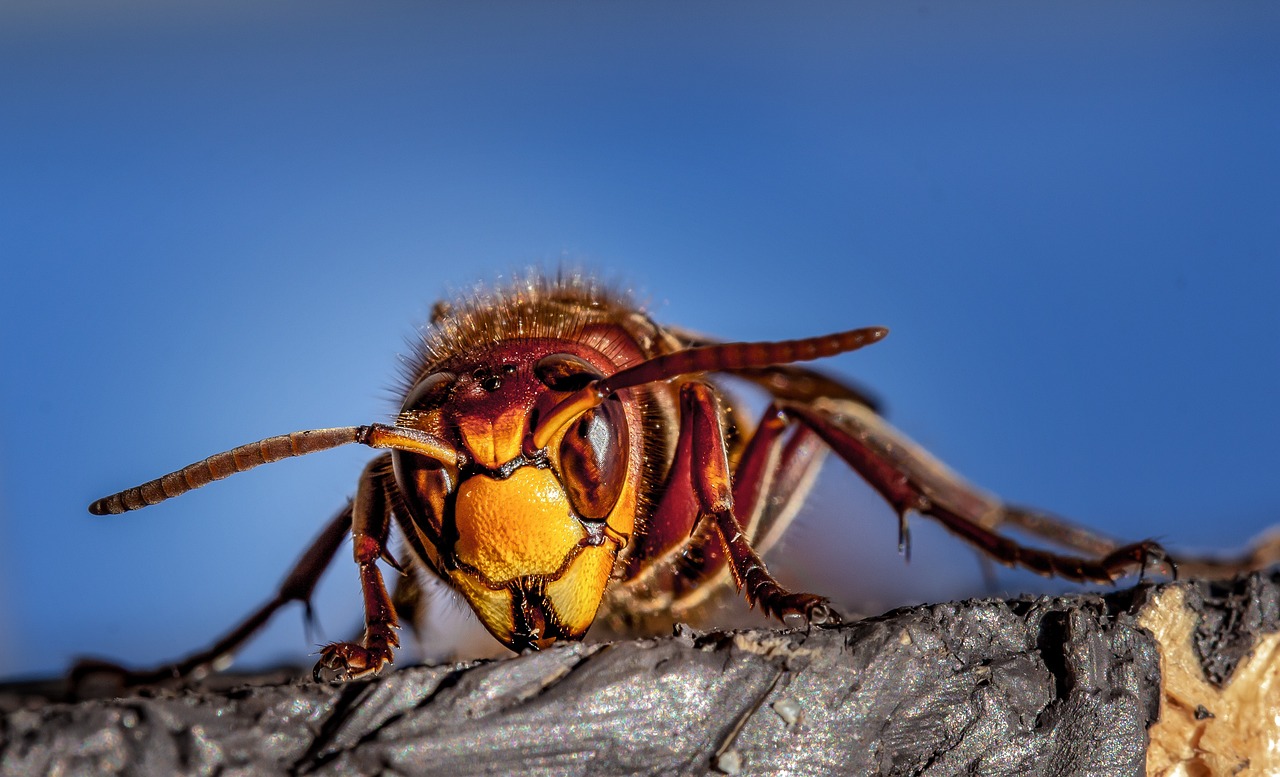Pest Control - Part 1
Managing Pests in Urban Gardens - Part 1
Urban gardening has become increasingly popular in recent years, providing city dwellers with the opportunity to grow their own fruits, vegetables, and flowers. However, one common challenge that urban gardeners face is managing pests without the use of harmful chemicals. In this two-part series, we will explore effective and eco-friendly methods for controlling pests in urban gardens.
Identifying Common Garden Pests
Before implementing pest control measures, it is essential to identify the pests that are causing damage to your plants. Some common garden pests include aphids, caterpillars, slugs, snails, and spider mites. By recognizing the specific pests in your garden, you can choose the most appropriate control methods.
Natural Predators
One of the most effective ways to control pests in your urban garden is by attracting natural predators. Ladybugs, lacewings, and birds are natural enemies of many garden pests and can help keep their populations in check. Planting a diverse range of flowers and herbs can attract these beneficial insects and birds to your garden.
Companion Planting
Companion planting involves growing certain plants together to enhance growth or repel pests. For example, planting marigolds alongside tomatoes can help repel nematodes, while growing basil near tomatoes can improve their flavor and deter pests like aphids.
Homemade Pest Control Sprays
You can create your own pest control sprays using household ingredients like garlic, neem oil, and soap. These natural sprays can help deter pests without harming beneficial insects or the environment. Be sure to test a small area of your plants before applying homemade sprays to the entire garden.
Cultural Practices
Practicing good garden hygiene can also help prevent pest infestations. Removing weeds, fallen leaves, and plant debris can eliminate hiding spots for pests and reduce the likelihood of an infestation. Regularly inspecting your plants for signs of pests can help you catch and address issues early.
Conclusion
Managing pests in urban gardens without the use of harmful chemicals is possible with the right strategies and practices. By identifying common pests, attracting natural predators, practicing companion planting, using homemade pest control sprays, and maintaining good garden hygiene, you can keep your urban garden healthy and thriving.
Stay tuned for Part 2 of our series, where we will delve deeper into advanced pest control methods for urban gardens.

Image Source: Pixabay
